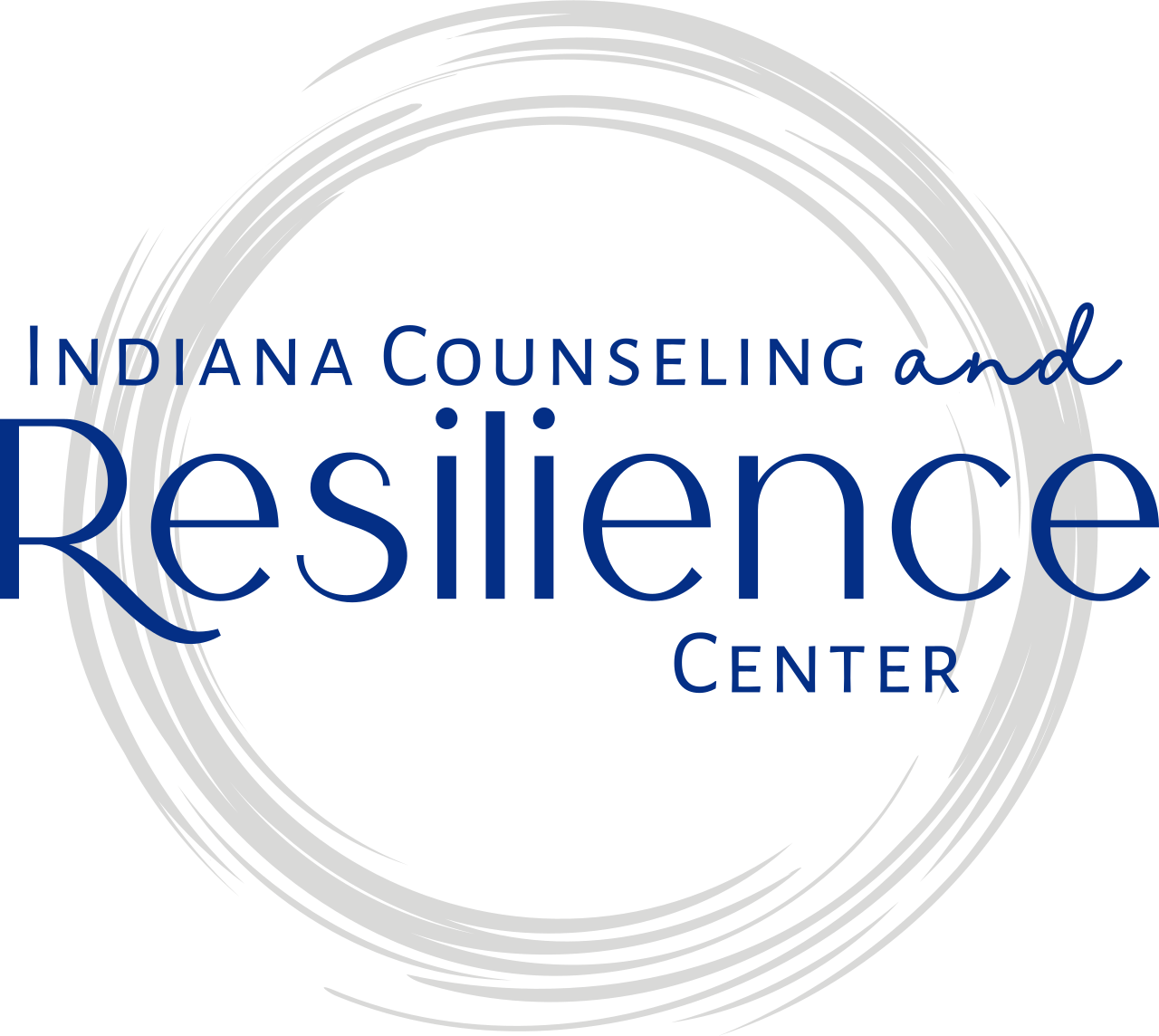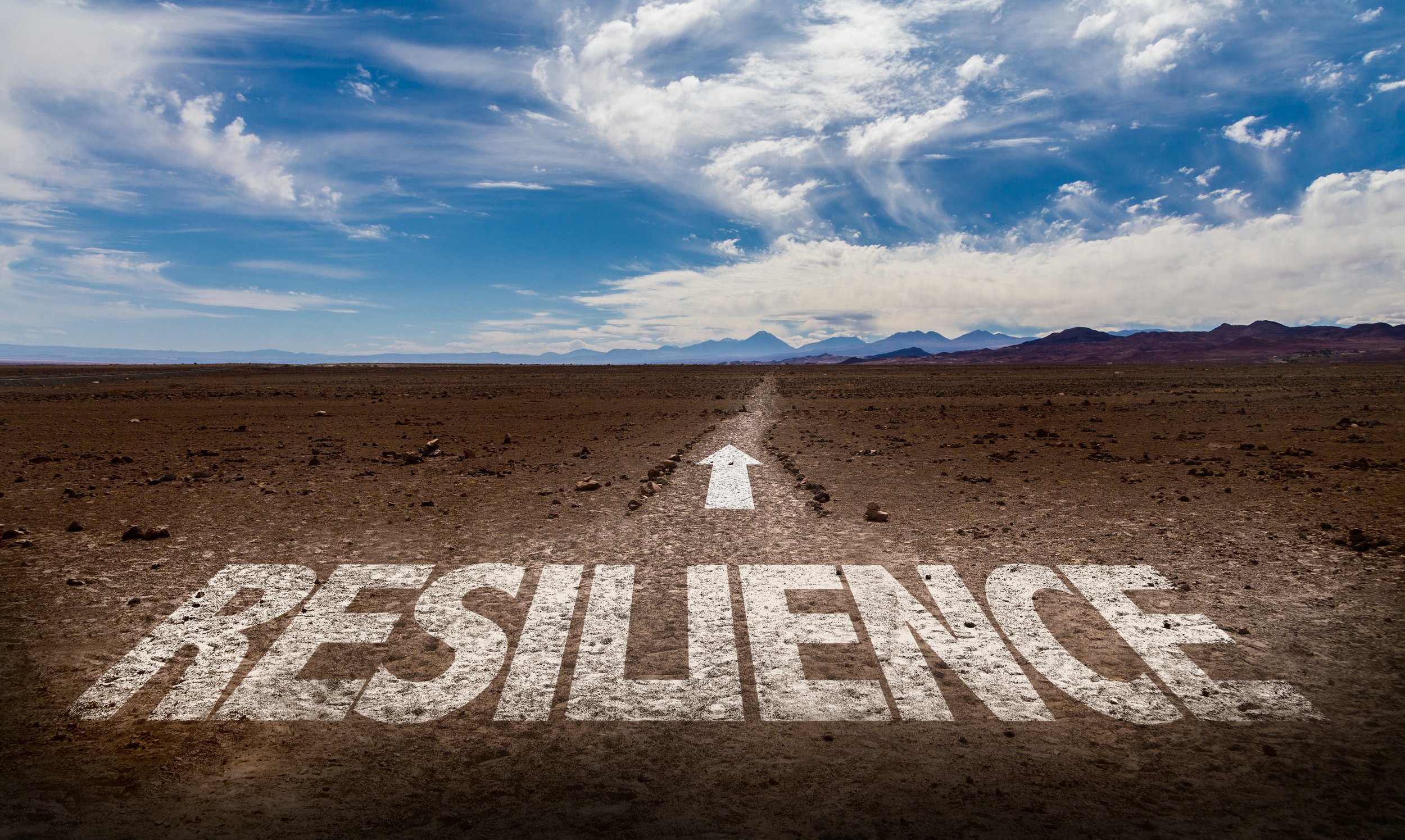Building Resilience Through Life’s Changes: Practical Tips for Everyday Strength
Life constantly brings change—sometimes it’s exciting, like starting a new job or school, while at other times it can feel overwhelming, like facing personal challenges or moving to a new city. Building resilience, or the ability to bounce back from setbacks, is key to handling these changes.
Change is a part of life. The more we can learn to accept it, the easier it becomes to handle. Try to see change as an opportunity for growth rather than something to fear or avoid. For instance, if you’re starting a new job, view it as a chance to learn new skills or meet interesting people. By shifting your perspective this way, you not only reduce the stress of the transition but also give yourself the chance to see its potential benefits.
When you’re facing big changes, it’s normal to feel isolated. Staying connected with friends, family, or a support group can help tremendously. Talking with people you trust, sharing your concerns, and just having someone listen can lighten the emotional load. Knowing that others are there for you can make the journey feel a bit less daunting. For example, if you’re moving to a new area, a quick call with an old friend can provide reassurance and make you feel less alone in the transition.
Transitions often bring uncertainty, and it’s easy to feel overwhelmed by everything that seems out of your hands. One resilience-building technique is to focus on the things you can control. For instance, if you’re starting a new school year, you might organize your study space, plan a routine, or create a list of weekly goals. These small actions can help you regain a sense of control, making the larger transition feel more manageable.
In times of change, basic self-care can make a big difference. Prioritize simple things like getting enough sleep, eating well, and moving your body, as they can significantly impact your energy and mindset. Self-care isn’t a luxury—it’s essential. Even small, enjoyable activities, like reading a book or going for a walk, can recharge your energy. When you’re kind to yourself in these ways, you build a foundation of resilience to support you through life’s ups and downs.
Adjusting to change takes time. It’s completely normal to feel unsteady or unsure at first. Resilience doesn’t mean you won’t feel stress—it just means that you have the strength to move through it and keep going. Give yourself grace and be patient, recognizing that adapting is a process. Allow yourself to take small steps, and remind yourself that it’s okay to ask for help when you need it. This approach, focused on kindness and patience, supports long-term resilience.
Think back to other times when you successfully navigated change. What helped you? What did you learn about yourself? Reflecting on these experiences can give you confidence and perspective for handling current challenges. Knowing you’ve managed tough times before can help you feel prepared to face what’s ahead.
Staying positive doesn’t mean ignoring life’s challenges; it means recognizing your ability to overcome them. Focus on the good things in your life, acknowledge your strengths, and celebrate your small successes. Positive thinking keeps you motivated and helps you stay resilient when things get tough. Reminding yourself that change can bring growth and opportunity can keep you moving forward.
Building resilience is about building inner strength, but it’s important to recognize that everyone needs help sometimes. Reaching out to a counselor can be especially helpful during major life changes. A professional can provide tools, encouragement, and an outside perspective to help you find stability. Seeking support is a powerful step toward building lasting resilience!
By practicing these strategies consistently, you build resilience over time, readying yourself to face life’s changes with strength and confidence. Remember that resilience is about taking small, manageable steps—whether it’s staying connected, focusing on self-care, or keeping a positive outlook. With these approaches, you’ll feel better prepared to navigate life’s transitions and come out stronger on the other side. And when needed, never hesitate to reach out for extra support to keep you grounded and growing through life’s changes.
Ready to Begin Therapy in Indianapolis, IN?
If you find that you need additional support, we’re ready to help you! At Indiana Counseling and Resilience Center, we can work with you to develop effective strategies to reduce stress and help you regain control of your life. Remember, you deserve a peaceful and fulfilling future, and therapy can be a powerful tool to help you achieve it. Follow these three simple steps to get started:
Contact us to schedule an appointment
Begin meeting with one of our skilled therapists
Start managing your stress in a healthy and positive way!
Other Services Offered at Indiana Counseling and Resilience Center
At Indiana Counseling and Resilience Center, our team wants the best for our clients and we want to support you in any way we can. Our team of skilled and caring therapists specialize in anxiety, trauma & PTSD counseling, couples counseling, and EMDR therapy. We offer our services both in-person and online in the state of Indiana. For more about us check out our FAQs!




